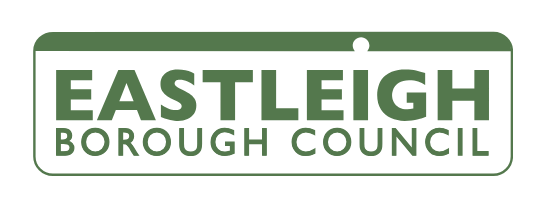The vital funding provided by the disabled facilities grant (DFG) has been named as one of the best-kept secrets of the UK welfare system. The grant funds housing adaptions and equipment such as stair lifts and accessible showers to help people with disabilities to move around and access their own home.
The benefits of the disabled facilities grant are self-evident: not only does it protect people’s right to lead independent lives in the community, but it also reduces hospital admissions, speeds up discharges, minimises domiciliary care costs, and delays the need to move into expensive residential care.
Recently, Coventry Council announced that it was backing new updates to the DFG, allowing grants of up to £6,000 without a financial assessment and opening the door to top-up grants worth over £30,000. Other councils are following Coventry’s lead, as authorities take a more flexible and intuitive approach to helping more people live independently.
But gaps in provision still exist, with incidents of council delays often preventing progress. The latest data suggests that the scheme is not meeting the government mandated timescale of 18 months for approval and completion – leaving disabled people waiting for years for basic adaptions to their homes. Means testing is also prone to human error when done manually, adding to delays and inequalities.
Liberata wants to change this narrative. Through intuitive software and automated calculations, our bespoke web form captures all the information councils need to make the right decisions and accelerate the process, helping to reduce backlogs. From receipt of application through to completion of work on site, we help councils to seize the opportunity to improve people’s health, wellbeing, and independent living.
Grants for better living
Disabled facilities grants are administered by the local council. Typically supported by an OT referral, they fund a range of adaptions to help people with disabilities remain in their own homes.
The grant can fund many things. It can be used to widen doors or install ramps to improve access in and out of the home. It can also help provide access to the bedroom, kitchen, bathroom or garden, enabling the disabled person to not only live independently but also care for other people living in the property, such as a spouse, a child or a parent.
A helping hand
For people with disabilities, adapting a home can be an ongoing challenge. As we get older, our needs change, so people often need more adaptions as time goes by. This can be complicated and costly.
In 2019-20, almost 2 million households in England had one or more people with a health condition that required adaptations to their home. This need puts a huge pressure on councils. It requires good practice joint working between local health, care, and housing authorities to provide frictionless, person-centred support. This is not the time for siloed thinking: joined-up delivery makes it much easier to track outcomes and monitor the effect that home adaptions have on the ongoing need for domiciliary care.
To tackle the problem of backlogs, Liberata’s bespoke means testing web form fast-tracks the application process, providing councils with a quick, efficient and thorough means of making informed decisions on the grant available. The instantaneous, accurate calculations made through our software enable cases to be processed within 4 hours of being received, allowing grants to be offered much more quickly to people in need.
But our service doesn’t stop there. Liberata helps councils to simplify and streamline the entire end-to-end process. Smoothing out the various bumps and expenses associated with adapting a home, Liberata can obtain planning and building regulations approval, schedule work and tendering and consistently inspect works on site including monitoring cost and quality.
In a recent case, Liberata assisted Burnley Borough Council in a major project to adapt a home for a young man who had recently become an amputee and needed daily dialysis due to kidney failure brought on by chronic diabetes. The need was urgent: he frequently had no choice but to go to hospital because of his seizures and could not independently negotiate the stairs leading to his first-floor bedroom and bathroom.
Unfortunately, the existing proposal was inadequate for the client’s needs, so Liberata highlighted key issues with the approved extension and external works to the house. We then redesigned the extension within 16 weeks to provide an accessible bedroom and shower room at ground floor level which was suitable for wheelchair access. Suitable space was also provided for dialysis equipment and a track hoist should one be required later in life.
The adaption proved to be transformative for the physical and emotional wellbeing of the client and his family. But we know that many more people deserve to benefit from this lifeline. Now is the time for councils to reach out and leverage the expertise and support of a trusted partner, so that communities are safe in the knowledge that their lifelong needs are supported and advocated for.
Liberata creates a full end-to-end process of contractor engagement, procurement, management and ultimate sign-off to ensure DFGs are processed efficiently and within target timescales to provide a better service to the end user. We offer the following services:
- Completion of application process (encompassing application forms, tenants or owner occupier certificates, and checks)
- Surveys and detailed drawings of minor and major adaptions
- Schedules of work and tendering
- Production of pre-construction information for major adaptions
- Inspection of on-site works
- Project liaison with all parties involved
- Administration of latent defects
Read our success stories to discover how Liberata helps improve living standards for people with disabilities.





